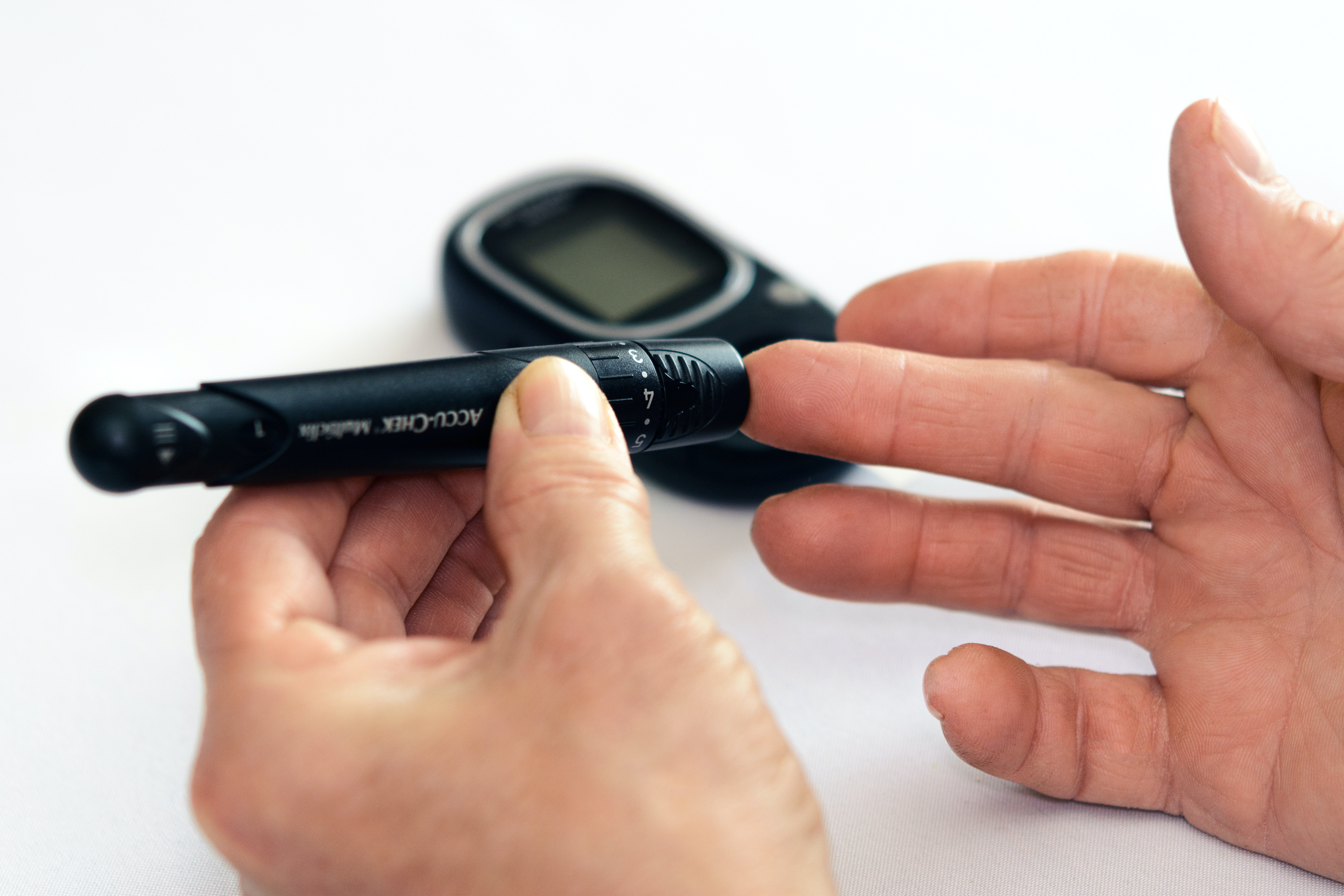News release
From:
10 November, 2021
World Diabetes Day: Setting goals is crucial to cope with or avoid the disease
Sunday is World Diabetes Day and Edith Cowan University (ECU) research has found setting goals could help people better live with the disease – or avoid it altogether.
It’s estimated nearly 11 per cent of the world’s adult population live with diabetes, while a further 7.3 per cent are estimated to have prediabetes – a condition where people have raised blood glucose levels and can develop into type 2 diabetes.
The International Diabetes Federation estimates nearly 1.3 billion people will have either diabetes or prediabetes by 2045.
Those living with the disease need to keep their blood sugar levels within a specified range. This requires strict monitoring of diet, physical activity, stress levels and medication - which many people struggle to adhere to.
However, lead researcher Professor Lisa Whitehead said setting goals can help patients maintain recommended blood sugar levels and avoid serious health complications.
“Living with prediabetes or diabetes often means changing lifestyles – which is hard,” she said.
“But evidence suggests setting goals can help people achieve their blood sugar targets.”
Something to work towards
Professor Whitehead and her team conducted a review of all the available literature to see how setting goals affected people’s blood sugar levels.
“Goal setting helps people to identify where they want to be in the future and map out how to get there,” Professor Whitehead said.
“For people with prediabetes or type 2 diabetes, this means planning their health behaviours, which is thought to help by focusing people’s attention and effort, supporting them to overcome obstacles and build self-efficacy."
The researchers found goal setting was more effective for maintaining desired blood sugar level than usual care, seeing improvements at six and 12 months for people with prediabetes and type 2 diabetes.
Professor Whitehead said more work was needed to provide the information healthcare professionals need to best support patients.
“Appointments with health care professionals are often short, so motivating people to adopt healthy behaviours and ultimately a healthy lifestyle is a major challenge,” she said.
“Developing some clear guidelines on the most effective approach will help focus efforts when time is limited.”
‘The effectiveness of goal setting on glycaemic control for people with type 2 diabetes and prediabetes: A systematic review and meta-analysis' was published in the Journal of Advanced Nursing.



 Australia; International; WA
Australia; International; WA


